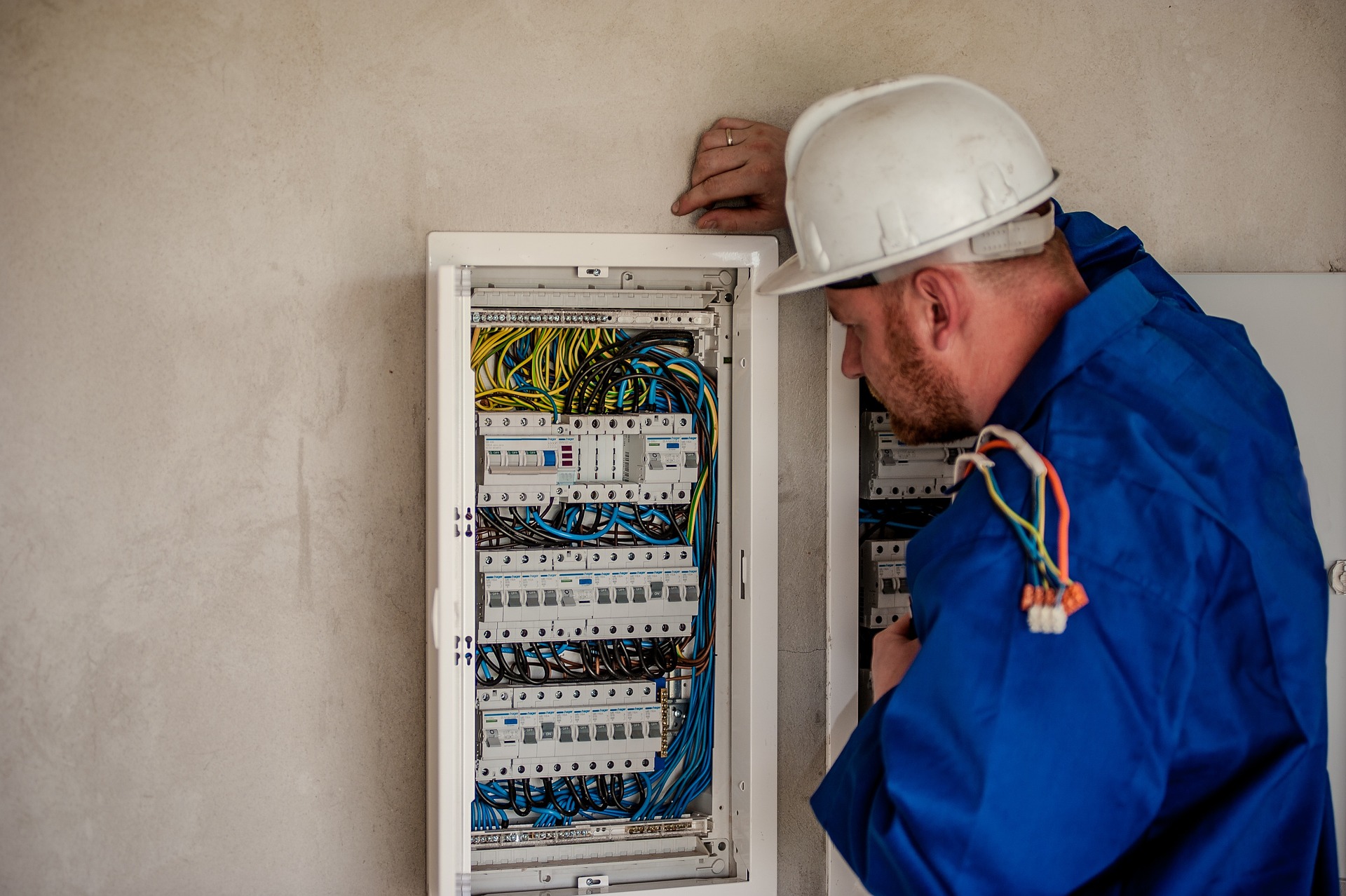Electrician Earnings in Sweden: A 2025 Overview
The anticipated earnings for electricians in Sweden in 2025 reflect a growing demand for skilled tradespeople. This overview highlights how much they can expect to earn while also considering the conditions affecting electricians in Sweden. Key factors such as certification requirements, urban versus rural opportunities, and the evolving job market will play a significant role in shaping the landscape for electricians in the country.

Understanding Electrician Earnings Trends in Sweden for 2025
The electrical profession in Sweden has been experiencing steady growth, with earnings projected to continue their upward trajectory into 2025. Currently, the average electrician salary in Sweden stands at approximately 38,000-42,000 SEK per month, with forecasts suggesting this could increase by 3-5% by 2025, depending on economic factors and industry demands. This growth is primarily driven by several factors, including Sweden’s continued investment in infrastructure projects, the ongoing transition to renewable energy systems, and the increasing complexity of electrical systems in modern buildings.
The earnings landscape differs significantly based on experience levels. Entry-level electricians typically start at around 30,000-33,000 SEK monthly, while those with 5-10 years of experience can expect 42,000-48,000 SEK. Master electricians and those in specialized fields often command salaries exceeding 55,000 SEK monthly. The 2025 projections indicate that the gap between novice and experienced professionals may widen slightly as the demand for specialized skills increases.
Key Factors Influencing Salaries for Electricians in Sweden
Geographic location plays a significant role in determining electrician earnings across Sweden. Stockholm, Gothenburg, and Malmö traditionally offer the highest compensation, with electricians earning approximately 10-15% more than their counterparts in smaller cities and rural areas. This urban premium is expected to persist through 2025, though some mid-sized cities experiencing growth in technology sectors may see accelerated wage growth for technical trades.
Specialization significantly impacts earning potential. Electricians focusing on industrial systems, renewable energy installations, smart building technologies, or high-voltage systems typically command premium salaries. By 2025, specialists in green energy systems—particularly those working with solar installations, wind energy infrastructure, and EV charging networks—are projected to see the highest salary growth, potentially reaching 15-20% above standard electrician rates.
Union membership also continues to influence salary structures in Sweden’s electrical trade. Approximately 70% of Swedish electricians belong to unions, which negotiate collective agreements establishing minimum salary levels, working conditions, and benefits. These agreements typically ensure annual salary increases that outpace inflation, providing stability to earnings forecasts through 2025.
Training Opportunities in Major Cities for Aspiring Electricians
Stockholm offers comprehensive training programs through institutions like Stockholms Tekniska Institut and various vocational schools. These programs typically combine classroom learning with practical apprenticeships, lasting 2-3 years. The capital city also hosts specialized certification courses for advanced skills in automation, fiber optics, and renewable energy systems, which can significantly enhance earning potential upon completion.
Gothenburg has established strong partnerships between educational institutions and major industrial employers, creating tailored training pathways. The Gothenburg Technical College offers specialized programs in marine electrical systems, leveraging the city’s maritime industry. Additionally, apprenticeship opportunities with companies like Volvo and regional energy providers offer practical experience in industrial and commercial electrical applications, providing graduates with highly marketable skills.
Malmö’s proximity to continental Europe has influenced its approach to electrician training, with programs that incorporate European standards and cross-border certification opportunities. The city’s focus on sustainable urban development has created specialized training tracks in smart grid technologies and energy-efficient building systems. These programs, often lasting 2-4 years depending on specialization, position graduates well for the growing green energy sector.
Electrician Certification and Its Impact on Earnings
Sweden’s electrician certification system directly correlates with earning potential. The basic certification (A) allows for standard electrical work, while advanced certifications (AB and B) permit work on more complex systems and can increase earnings by 15-25%. By 2025, there’s an expected premium for electricians with specialized certifications in emerging fields such as building automation, EV charging infrastructure, and advanced energy management systems.
The path to certification typically involves completing an approved educational program followed by a required period of apprenticeship under a master electrician. This process usually takes 4-5 years in total before an electrician can work independently. Continuing education requirements ensure that certified electricians stay current with evolving regulations and technologies, which helps maintain their earning potential in a changing market.
Salary Comparison Across Electrician Specializations in Sweden
| Specialization | Average Monthly Salary (2025 Projection) | Required Certification | Growth Potential |
|---|---|---|---|
| Residential Electrician | 38,000-42,000 SEK | A | Moderate |
| Commercial Electrician | 42,000-48,000 SEK | A/AB | Moderate-High |
| Industrial Electrician | 45,000-55,000 SEK | AB | High |
| Renewable Energy Specialist | 50,000-60,000 SEK | AB/B + Specialization | Very High |
| Building Automation Expert | 52,000-65,000 SEK | B + Specialization | Very High |
| High-Voltage Specialist | 55,000-70,000 SEK | B | High |
Prices, rates, or cost estimates mentioned in this article are based on the latest available information but may change over time. Independent research is advised before making financial decisions.
Future Outlook for Electrician Earnings in Sweden
The electrical profession in Sweden is positioned for continued stability and growth through 2025 and beyond. The country’s commitment to carbon neutrality by 2045 is driving substantial investments in renewable energy infrastructure, smart grid development, and building efficiency—all requiring skilled electrical professionals. This policy direction suggests that demand for specialized electricians will likely outpace supply in certain sectors, potentially driving salary increases above general market trends.
Technological advancement is similarly reshaping the profession. The integration of digital systems, Internet of Things (IoT) components, and automated controls into electrical systems means electricians increasingly need IT and programming knowledge alongside traditional skills. This evolution creates both challenges and opportunities; electricians who adapt and acquire these complementary skills will likely command premium salaries by 2025, potentially 20-30% above those with only traditional electrical expertise.




